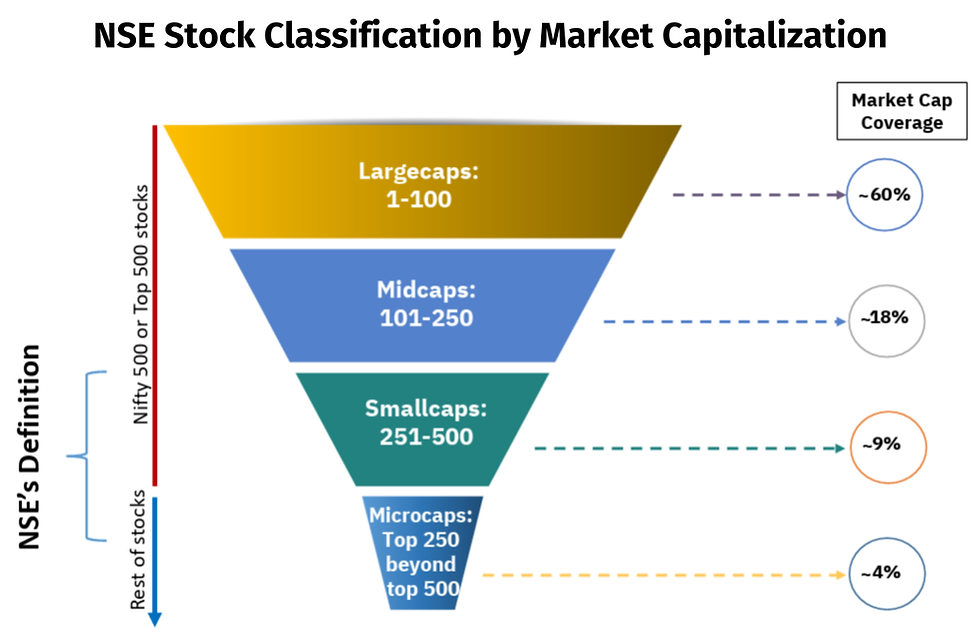Handling 80C Stars Going Forward
- Akshay Nayak
- Jan 28, 2024
- 3 min read
Tax saving investments that offer deductions under Section 80C of the Indian Income Tax Act 1961 have always been a favourite amongst Indian investors. These include Equity Linked Savings Schemes (ELSS), Employee Provident Fund (EPF), Public Provident Fund (PPF), National Pension System (NPS) and various varieties of non term life insurance policies to name a few. But post Union Budget 2023, most of the tax benefits offered by these products are set to become irrelevant.
So the way we handle these products would have to change going forward if we indeed hold them in our portfolios. Therefore today I will highlight each one of the tax saving investments mentioned above and talk about how we can go about handling them from 1st April 2023 onwards. I will talk about what needs to be done with existing investments in these products, before moving on to whether or not they warrant further investments in the future. I have already discussed these aspects in light of ELSS funds in an earlier article ELSS Post Budget 2023 : Still Relevant? I therefore will not be discussing them further here.
Those of us who currently invest in the Employee Provident Fund as the preferred retirement contribution scheme offered by our employers may continue to do so to the extent that our employers match our contributions. Taking full advantage of the employer match gives us a source of free extra money that would continue to compound over time and aid in the creation of our final retirement corpus. Contributions to EPF over and above the employer match would be categorised as a part of our Voluntary Provident Fund (VPF) and must be restricted so as to avoid an additional tax liability on excess contributions.

Investors in the Public Provident Fund (PPF) may continue to hold their existing investments in their PPF accounts, provided they balance out their investments with commensurate investments in equity as per the demands of their asset allocation strategies for their various goals. Fresh investments in PPF accounts must only be made if such investments are a convenient fit into the asset allocation strategies for our various goals. Also, those who already contribute to an EPF account need not initiate or continue investments into a PPF account.
Those of us who currently invest in the National Pension System (NPS) as the preferred retirement contribution scheme offered by our employers may continue to do so to the extent that our employers match our contributions. Employer contributions to NPS continue to be tax deductible. Existing investments in the NPS may be withdrawn tax free if the accumulated corpus in our NPS accounts is below Rs 2.5 lakh without an employer match. If the accumulated corpus exceeds Rs 2.5 lakh without an employer match, there would be no other option but to keep the account alive until maturity by contributing the minimum amount every financial year.
As far as non term life insurance policies are concerned, all variants of such policies whether ULIPs, endowment, money back, monthly income or deferred annuity pension policies are not worth purchasing in the first place. Those of us who currently hold ULIPs may consider surrendering them once their inherent lock in period of 5 years has expired. For all other variants of non term life insurance policies, an exit may be considered provided more than half the stipulated term of the policy is yet to elapse. If more than half the term of the policy has already elapsed, we might as well hold the policy through to maturity.

In case of products like National Savings Certificate (NSC) and post office deposits, fresh investments may be avoided. Those with existing investments are better served holding on to them until maturity. The fact that the products discussed until now may no longer offer tax benefits under Section 80C in the new tax regime from 1st April 2023 does not necessarily make them completely irrelevant. If used the right way, some of these products may actually be an ideal fit for our financial needs and plans. What is important for us as investors is that we learn to look at and appreciate these products for how well they fit into our portfolios purely in light of our financial plans, goals and needs. This means it is best to make decisions with regard to initiating or continuing investments in these products based on logic and forethought, since blind choices made just to save tax may no longer make sense.



Comments